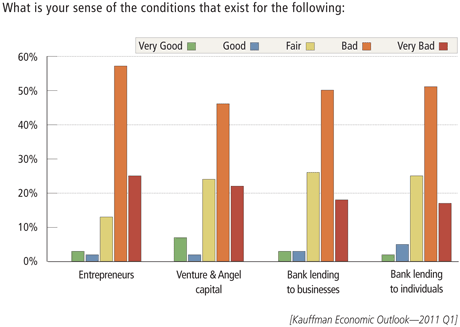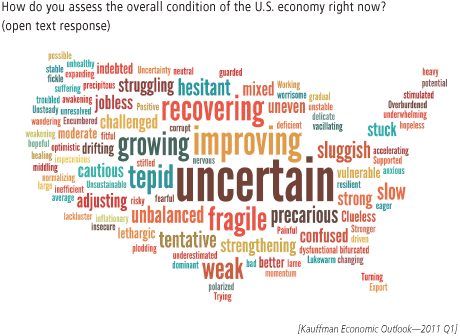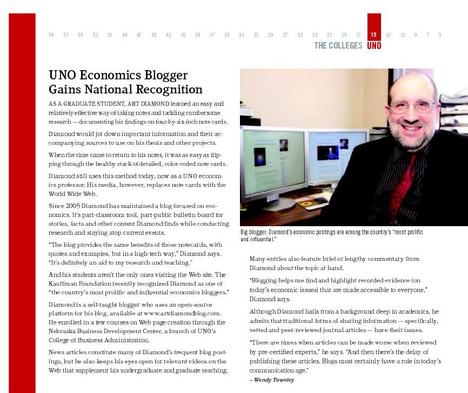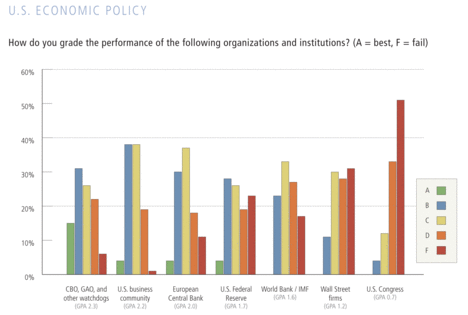 “Her writing, said Yoani Sánchez, above in her Havana apartment, describes “the sentiments of one person but sums up the reality of many people.”” Source of caption and photo: online version of the NYT article quoted and cited below.
“Her writing, said Yoani Sánchez, above in her Havana apartment, describes “the sentiments of one person but sums up the reality of many people.”” Source of caption and photo: online version of the NYT article quoted and cited below.
(p. C1) Like any other first-time author, Yoani Sánchez was looking forward to receiving copies of her book, “Cuba Libre,” after it was published last year. But when the package sent from Buenos Aires by her publisher arrived in Havana, the Cuban customs service impounded the parcel and, after she complained, sent her a notice explaining its action.
“The content of the book entitled ‘Free Cuba’ transgresses against the general interests of the nation, in that it argues that certain political and economic changes are necessary in Cuba in order for its citizens to enjoy greater material well-being and attain personal fulfillment,” stated the document, which Ms. Sánchez posted on her Web site. Such positions “are extremes totally contrary to the principles of our society.”
Outside her homeland, though, Ms. Sánchez’s writing is free of such censorship, and she has emerged as an important new voice, both literary and political. Published in the United States in May under the title “Havana Real” (Melville House), her book draws on the same collection of sketches of daily life in Cuba — a dreary, enervating routine of food shortages, transportation troubles and narrowed opportunity — that she has been posting on her Web site, Generation Y (desdecuba.com/generationy), since 2007.
. . .
(p. C6) Recently Ms. Sánchez completed a second book, a manual whose title translates as “WordPress: A Blog for Speaking to the World.” A new fiber-optic cable connecting Cuba with South America has just been laid, and when it begins fully operating later this summer, it is likely to increase opportunities not just for her, but for other dissident bloggers and writers, many of whom have attended the seminars she conducted that led to the writing of the second book.
“It’s interesting that we’re talking not about a bearded 80-year-old man, but a sharp, fearless, skinny 35-year-old mother,” said Ted Henken, an expert on Cuba and the Internet who teaches at the City University of New York and visited Ms. Sánchez in April. “That’s new, and in some ways, by spreading the virus of blogging and tweeting to others, she has displaced Che and Fidel among young, progressive people.”
For the full story, see:
LARRY ROHTER. “In Cuba, the Voice of a Blog Generation.” The New York Times (Weds., July 6, 2011): C1 & C6.
(Note: ellipsis added.)
(Note: the online version of the story is dated July 5, 2011.)









